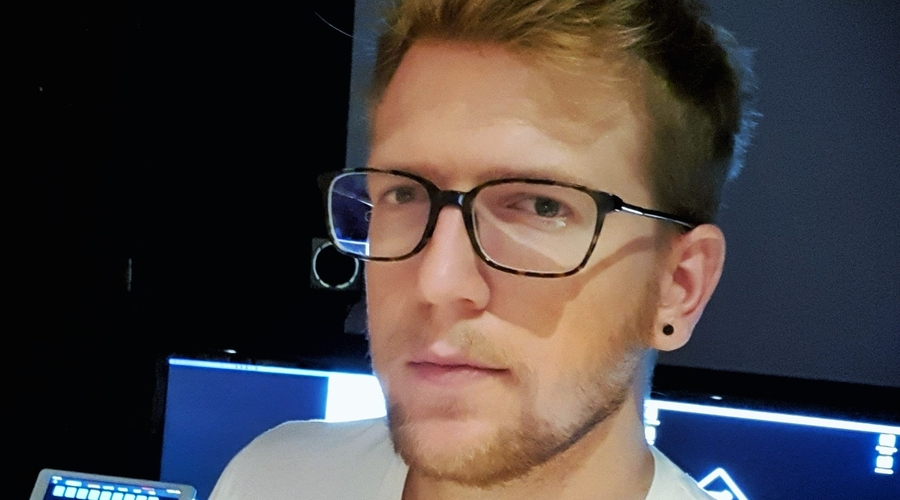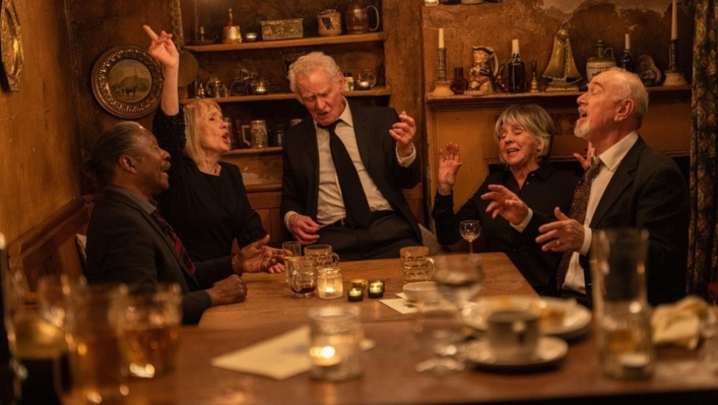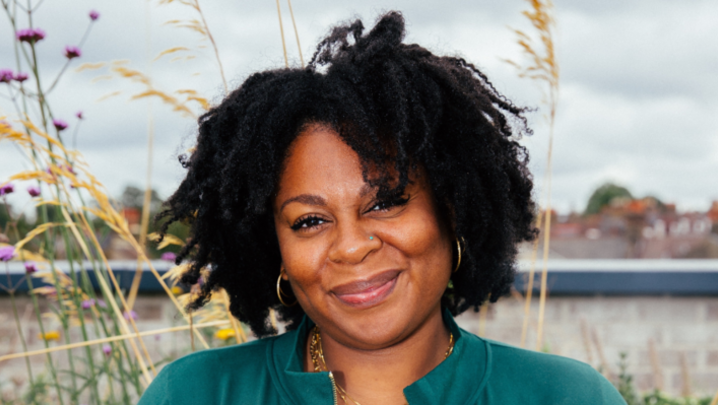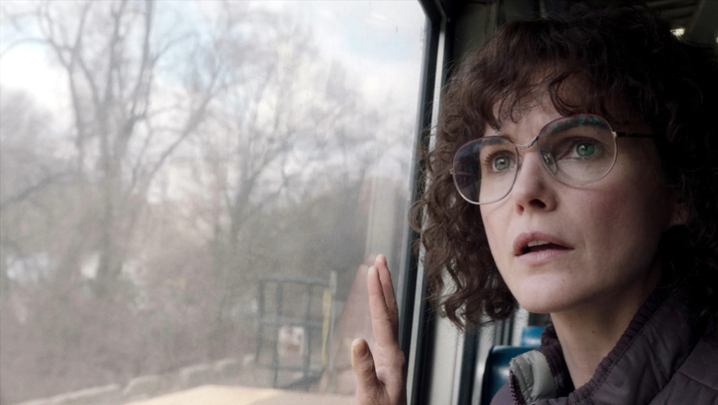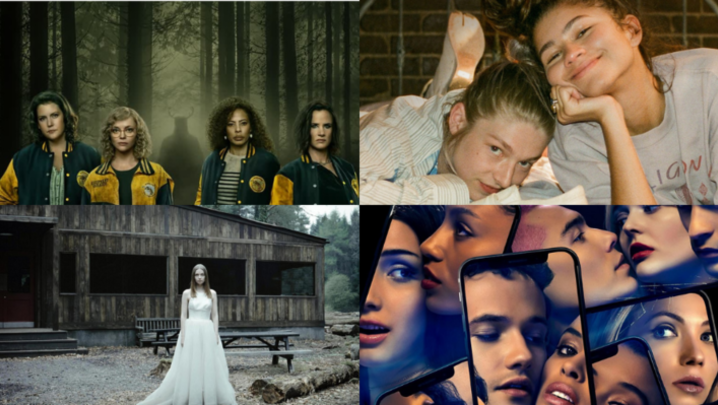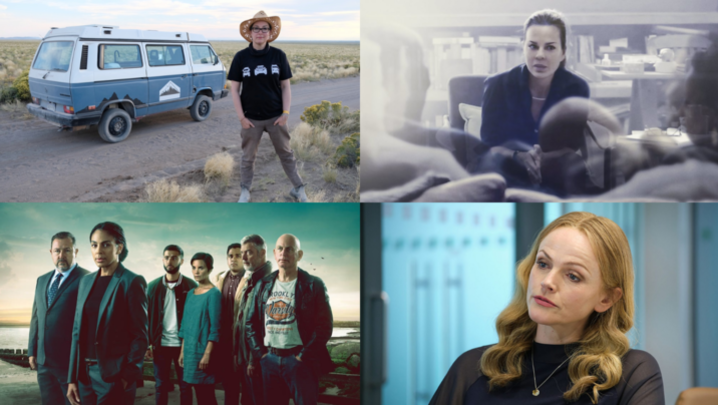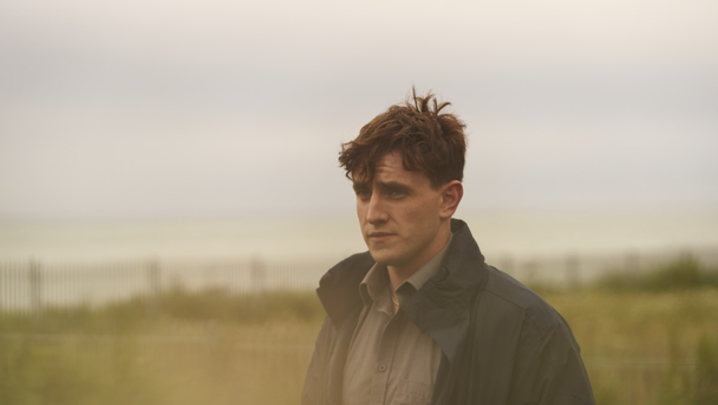Dubbing mixer David Drake talks creating stories through sound and the need for creativity to make the perfect soundtrack.
Not many people know what a dubbing mixer is.
David Drake wants to change that, having worked on shows like Fleabag, The Bay and The End of the F***ing World.
There are a few key roles in a sound team: the dialogue editor effects editor, foley artist, composer and dubbing mixer.
“A dubbing mixer is someone who takes all those elements, the dialogue, effects, music, then mixes, processes and treats them so you end up with a finished soundtrack,” Drake explains.
There is a technical aspect to it, in making sure that everything sounds right and the sound matches up to the images. For example, in ADR (automated dialogue replacement) mixing, “dialogue is re-recorded in a studio and you pop it into the scene and technically match it to make it sound like it was recoded on location,” Drake says.
There is also an emotional element to it, “when you’re watching something, it’s important to hear different sounds that will convey emotions. There’s a creative aspect in trying to construct this sound world that tells the viewer what you want them to be thinking or feeling.”
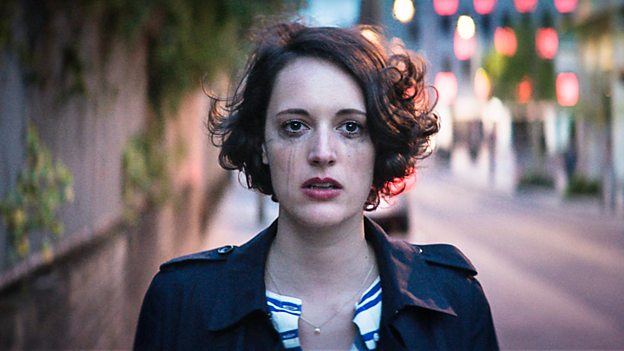
As with many roles in the film and TV industry, Drake acknowledges that there is no set path to getting into the sound industry. It was while at university studying music technology and audio systems that he realised dubbing mixing was something he would be interested in.
“My degree was more like an engineering degree, there was lots of programming and electronics. We did one module that was vision and sound together. They gave us a short silent film and we had to record sound for it. In one of the scenes they had this big rusty garage door being pulled down and I recorded a 2p scraping on a radiator, processed it, shifted the pitch down and layered it up with the sound of a vending machine. It almost feels like a magic trick, you’ve got all these sounds that sync up and your brain does this amazing thing and goes ‘Oh that works and that thing’s making that sound’.”
Initially starting as a runner making teas and coffees, Drake took advantage of any opportunities to get involved and started to move up the ladder, going from a runner, to an edit assistant, to an audio assistant, before becoming a dubbing mixer.
Due to the technical nature of the job, understanding the physics of sound can be useful when it comes to mixing, but that doesn’t mean you have to go to university.
“There are different ways of learning, and there are so many courses out there,” offers Drake. Plus working as a runner is a great way to learn from others and find the route that suits you best.
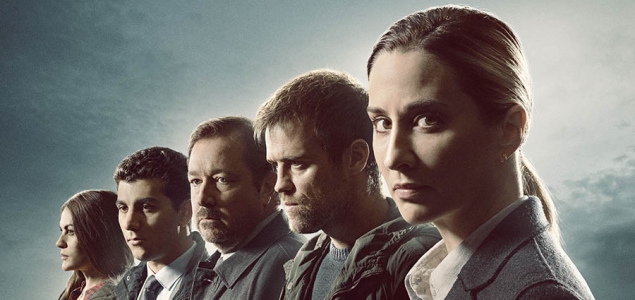
As a dubbing mixer, Drake spends half his time pre-mixing and the other half talking to clients and directors.
During the pre-mixing stage, he likes to work on the dialogue, effects and foley, layer by layer, starting with the dialogue before balancing and building up the sound by adding the effects and the foley.
“You’ve got to be able to creatively get on with people,” Drake says, as realising the directors vision is the other half of the job.
Projects can be a directors’ 'baby' for years before a dubbing mixer comes on board, leading to strong opinions and lots of creative discussions about the best way for sound to convey feelings and emotions.
“You’ve got to understand when it’s good to say your opinion and when it’s good to fight for what you think is right. These things are subjective, sometimes you disagree but there are some things that are objectively right or wrong.”
The passion that people show and being able to work with such creative people is one of the best parts of the job, according to Drake.
"The three essential skills for dubbing and mixing are probably creativity, problem solving and technical ability."
When it comes to the hardest part, sitting for long hours in a dark studio can make the job difficult. “You often have to work hard deadlines and people are very passionate about what you’re working on so it can mean working extremely long hours.”
Drake describes how tight deadlines are, with mixers often only getting about a week to mix soundtracks for an episode.
“It’s not unheard of to be mixing into the early hours of the morning. You’re trying to stay focused for like 15 hours in a row while still ending up with the best quality of work.”
Freelancing is common in the sound industry and production companies regularly pick and choose the sound designers or effects editor they want to work with.
Working as a dubbing mixer even affects how Drake watches TV. “It’s hard to turn off your work brain, I find myself concentrating on the soundscape in the background, rather than what’s going on in the action.”
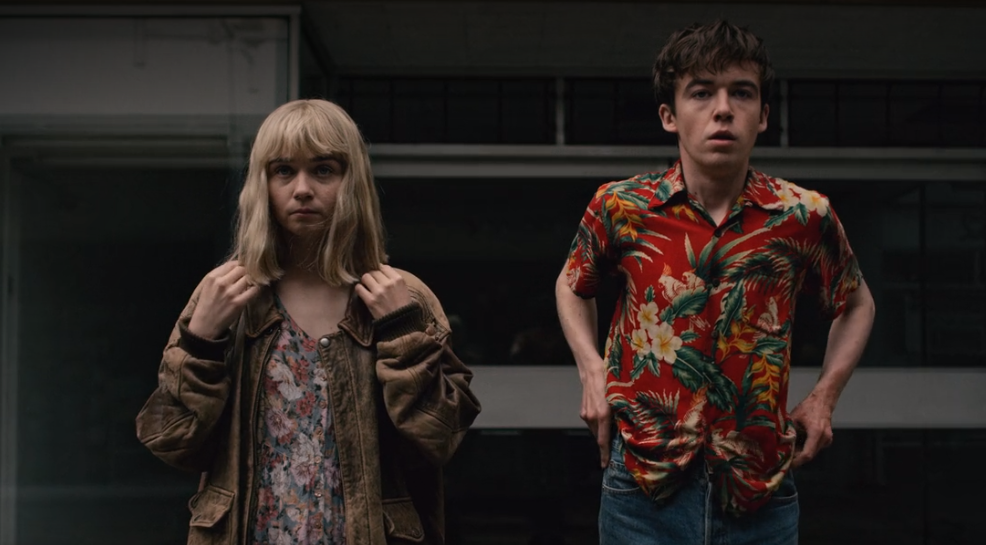
As for what’s next, Drake is looking forward to working on more comedy dramas. “I just finished Fleabag season two which was really fun to work on and I’m just about to start working on season two of The End of the F***ing World.”
10 years into his career, Drake thinks it takes a mix of skills to work in sound. “An interest in technology and a love of sound is important, also being good with people and having a high level of attention to detail is needed. The three essential skills for dubbing mixing are probably creativity, problem solving and technical ability, you mix those three things and you’re onto a pretty good run.”

